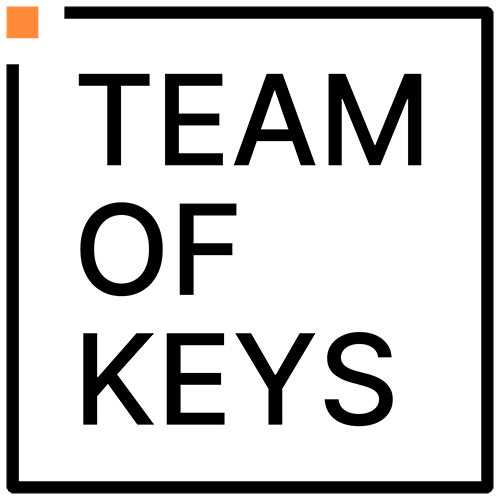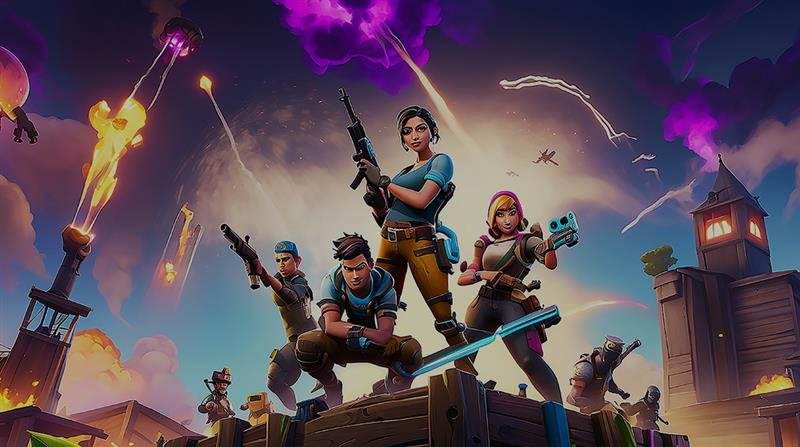The gaming industry is booming. It's now a multi-billion-dollar global powerhouse attracting developers, creators, and dreamers from all over the world. If you’ve ever dreamed of starting your own game studio, this could be your moment. But while creativity is crucial, launching a successful studio also takes smart planning, technical skills, and the right resources. In this blog, you’ll discover proven tips and tools that can help you build your game studio from the start.
1. Define your vision and find your niche
Every great game studio starts with a clear idea. Which type of game website are you interested in creating? Will they be for mobile, PC, consoles, or virtual reality? Also, choose your genre: RPG, FPS, puzzle, or something unique.
Understanding your target audience is just as important. Knowing who will play your game helps guide your design, style, and marketing efforts. Focusing on one niche early on can help you stand out and grow faster.
2. Build a Passionate Team
Your team is the foundation of your studio. Start with a small, skilled group of people who love gaming as much as you do. Key roles often include:
- Game Designers
- Developers or Programmers
- 2D/3D Artists
- Sound Designers
- QA Testers
- A Project Manager
To save money, consider working with a small game development company in the beginning.
3. Create a Strong Business Plan
Before you start coding, create a solid business plan. This is your roadmap. It should explain:
- Your studio’s mission
- Goals and timelines
- Team structure
- Game production process
- Monetization strategy
- Marketing plans
4. Choose the Right Game Engine
Choosing the right engine is a big decision. Here are some top options:
- Unity: Best for mobile and indie games
- Unreal Engine: Perfect for larger games and excellent graphics
- Godot: Free and great for beginners
- CryEngine: Best for realistic visuals
Think about your team’s experience, the type of game design you're making, and your budget before choosing.
5. Plan Your Funding Early
Game development is expensive. You’ll need a budget to cover tools, salaries, and marketing. Here are some funding options:
- Self-funding (bootstrapping)
- Angel investors
- Crowdfunding (Kickstarter, Indiegogo)
- Grants, like Epic MegaGrants
- Publisher deals
Having a gaming prototype or demo can help you attract investors or backers.
6. Set Up the Right Tools and Infrastructure
Having the right systems in place will save you a lot of headaches. Here's a quick look at the essential tools:
| Task | Recommended Tools |
| Project Management | Jira, Trello |
| Code Repository | GitHub, GitLab |
| Asset Management | Assembla |
| Communication | Slack, Discord |
| Testing | TestRail, PlaytestCloud |
It is especially useful for PC game development. It supports Git and Perforce, making it easy to manage big files and collaborate with remote teams.
7. Start with a Prototype
Don’t try to build your full gaming website right away. Instead, create a small prototype. This helps you test core mechanics, receive feedback, and make improvements before scaling up. You may present your idea to investors and publishers with the help of a strong prototype.
8. Begin Marketing Early
Marketing shouldn’t wait until your gaming website is finished. Start building buzz as soon as possible. Use platforms like:
- Steam Early Access
- Reddit gaming communities
- Twitch and YouTube for streaming and trailers
- Discord for community engagement
- Game expos and indie events
Share updates, behind-the-scenes content, and early demos. This builds hype and loyal followers.
9. Protect your Game Legally
Protect your hard work from the start. Here’s what you need to do:
- Register your studio
- Trademark your gaming website and studio name
- Draft contracts for everyone on your team
- Use NDAs (non-disclosure agreements) for sensitive info
Talk to a legal expert if you're unsure. It’s worth it.
10. Launch, Learn, and Improve
When your games are live, your journey is just beginning. Keep listening to your players. Resolve issues, provide updates, and reply to feedback. One game can become a long-term success with a solid post-launch strategy.
Use tools like Unity Analytics, GameAnalytics, or Firebase to track how players are interacting with your PC gaming. This helps you improve both current and future projects.
Final Thoughts
Starting a game development studio is challenging but incredibly rewarding. With a strong vision, a committed team like Team of Keys, and smart tools, you can turn your dream into reality. The game industry is fast-moving and competitive, but it’s also full of opportunity for those who think big and act smart. So, get started. Dream big. Build boldly. And most importantly, keep playing.











